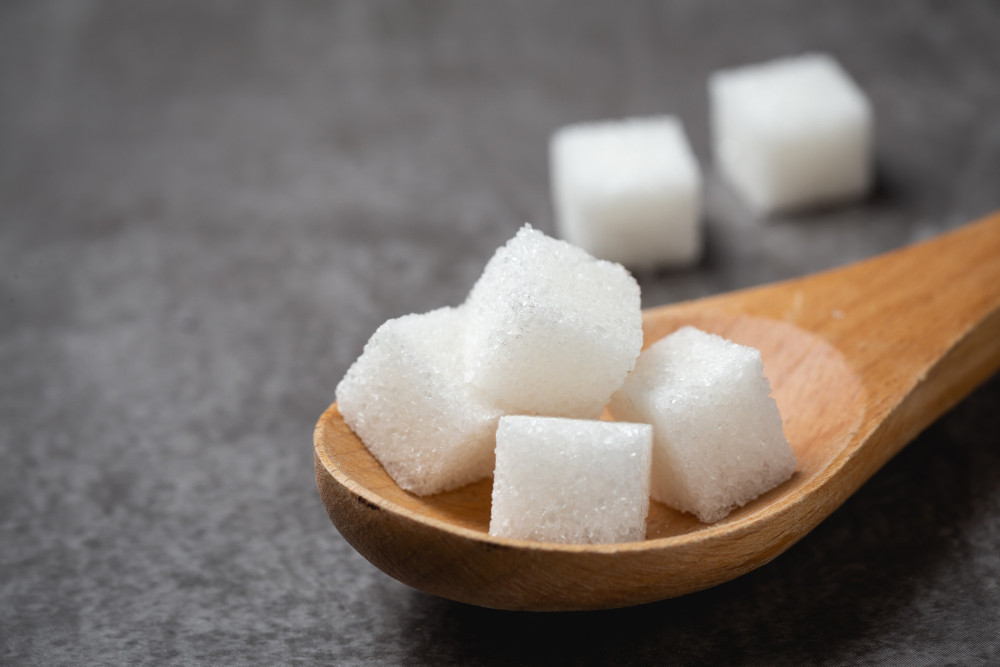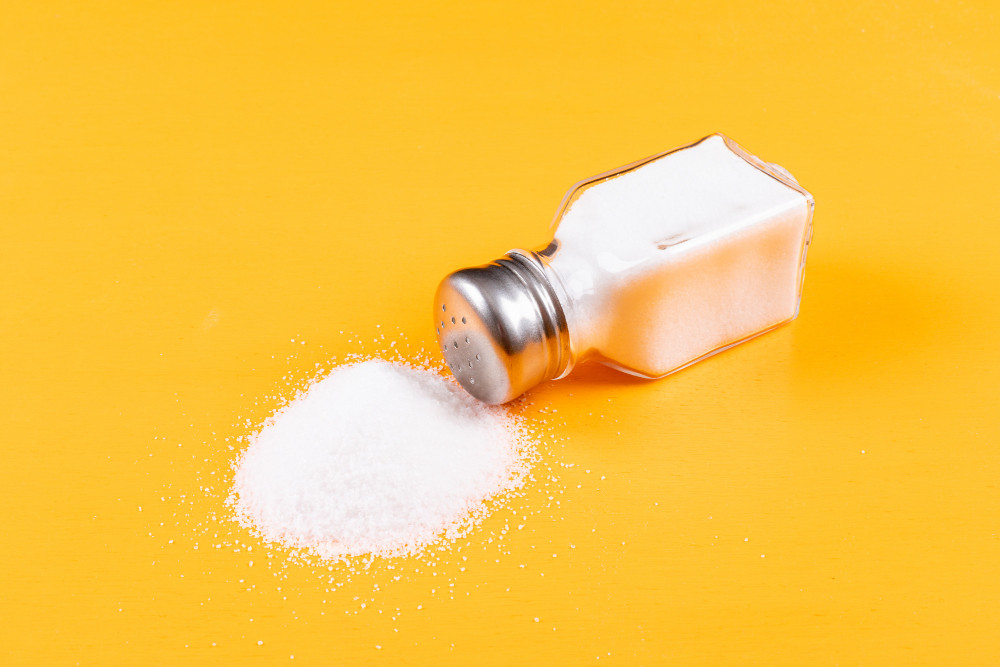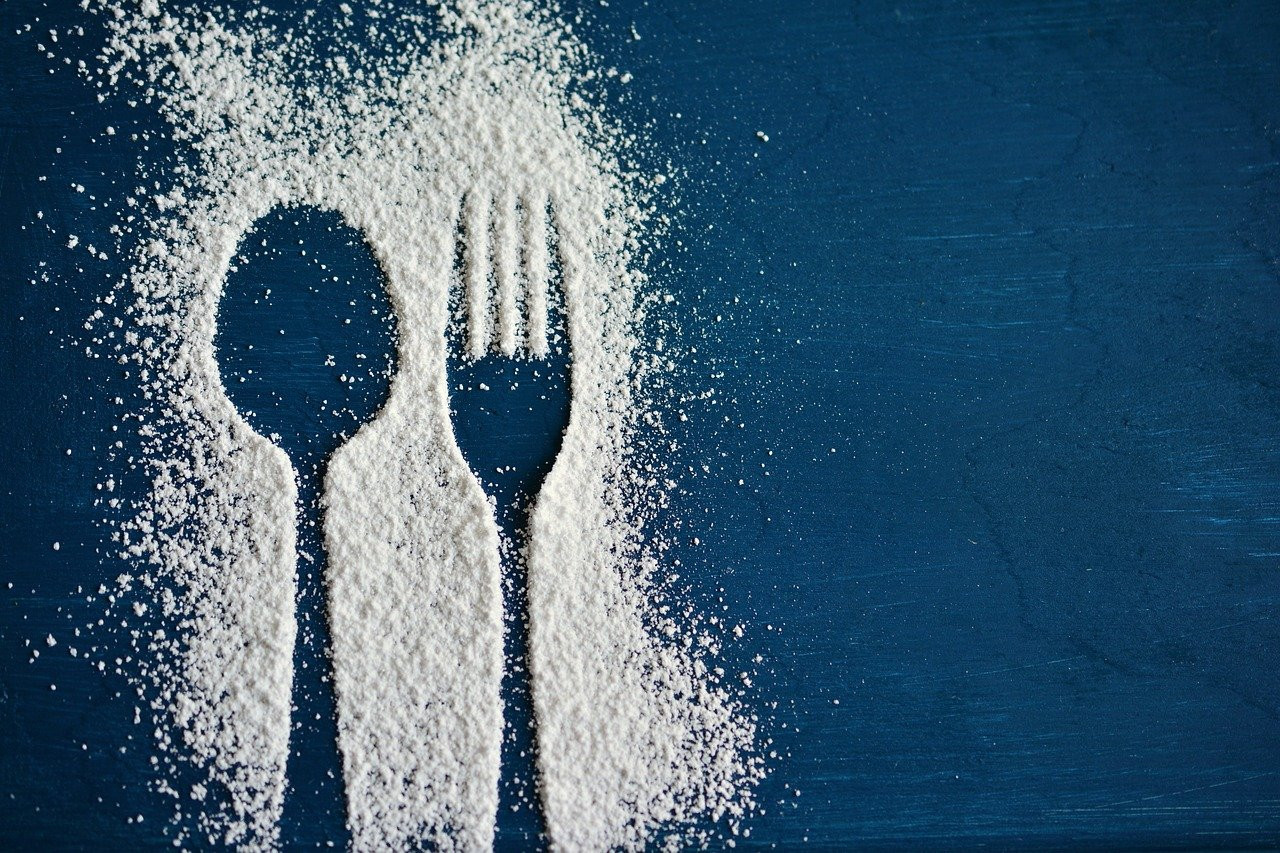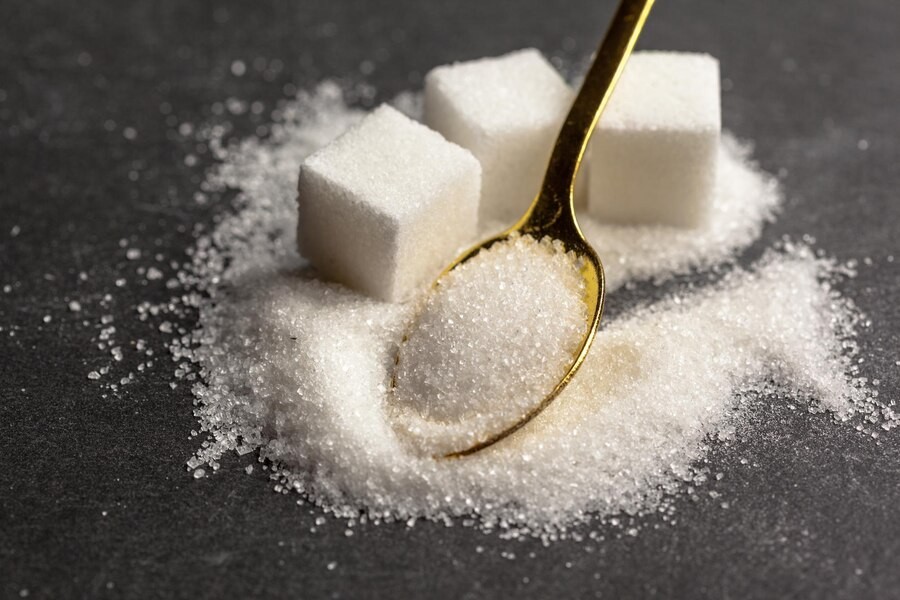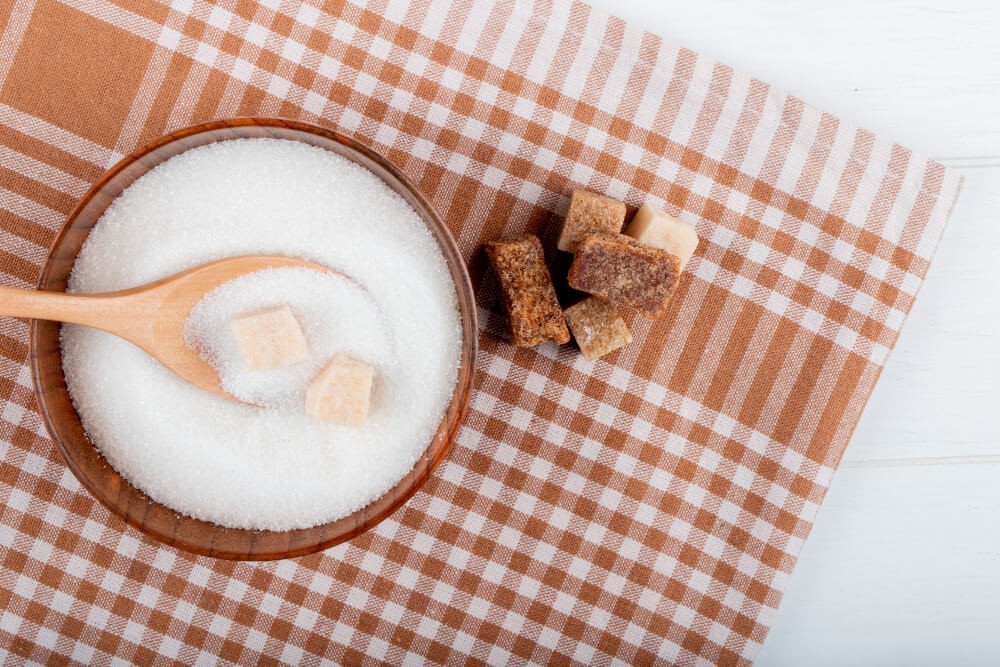Reducing added sugar intake not only helps to prevent diabetes and obesity, but it also improves skin health. Reducing sugar consumption can help avoid indications of premature aging, resulting in younger-looking skin.
Benefits of a Low-Sugar Diet for Your Skin
Sugar is a flavorful ingredient that is common in everyday foods and beverages. Sugar adds a sweet taste to food and beverages, making them more delightful to consume. However, excessive sugar consumption can lead to a variety of health problems, including tooth decay, diabetes, and obesity.
According to Healthline, sugar is a food component that might cause skin aging. People who consume excessive sugar promote the glycation process, which involves the formation of associations between sugar and protein or fat. This process produces substances known as AGEs (advanced glycation end products), which can take the form of glycated proteins or lipids.
Read more: How To Prevent Soaring Blood Sugar After Eating
The development of AGEs can have an impact on skin elasticity and pigment accumulation, leaving the skin looking dry, damaged, wrinkled, and causing irritation. This is the reason why people who consume an excessive amount of sugar frequently exhibit signs of aging in their skin.
In addition to being indicative of skin degeneration, the consumption of excessive sugar can also elevate the risk of acne. Consuming excessive amounts of sugar can raise the risk of inflammation and sebum production, which leads to acne.
People who started on a low-sugar diet or quit eating added sugar had better skin texture changes. Stopping the consumption of added sugar will help to avoid indications of aging such as fine lines, dryness, and dullness, as well as make skin look more supple and healthier. A low sugar diet that includes vegetables and fruit can help your skin look healthier.
Read more: How To Reduce Sugar Supply From Daily Food
How to Follow a Low-Sugar Diet
For men, the American Heart Association recommends consuming no more than 6 tablespoons of sugar each day, and for women, no more than 9 tablespoons. Excessive consumption in added sugar increases the chance of developing diabetes and other medical conditions.
If you would want to start a low-sugar diet, you should begin by gradually adapting your taste buds and lowering your craving for sugar.
You may try the following methods to begin a sugar diet:
- Reduce the amount of sugar usually consumed in food and drinks.
- Replace sweet drinks such as soda with natural fruit juice without added sugar or with drinks such as infused water.
- Reduce sweet foods such as candy, pudding, cakes, or biscuits.
- Reducing added sugar from packaged foods and drinks.
- Replace sugar with alternative sweeteners, such as honey.
A sugar diet can help you stay healthy by preventing the aging of your skin, which keeps you looking young. Please be aware, though, that this diet is not for everyone and is not always simple to follow.
If you want to stop consuming added sugar, you should do it gradually. If you need medical advice or consultation, you can either visit a doctor or make use of the consultation features that are available in the Ai Care application by downloading the Ai Care application from the App Store or Play Store.
Looking for more information about other diseases? Click here!
- dr Nadia Opmalina
Williams, C. (2023). What Happens to Your Body When You Cut Out Sugar. Available from: https://www.eatingwell.com/article/7869775/what-happens-to-your-body-when-you-cut-out-sugar/
DeSoto, L. (2023). 7 Health Benefits of Cutting Out Sugar. Available from: https://www.health.com/nutrition/health-benefits-quitting-sugar
Kubala, J. (2024). What Are 30-Day No Sugar Challenges? All You Need To Know. Available from: https://www.healthline.com/nutrition/30-days-no-sugar
Jacqueline Andriakos (2022). How To Eliminate Sugar From Your Diet in 21 Days. Available from: https://www.health.com/nutrition/slash-sugar-challenge


